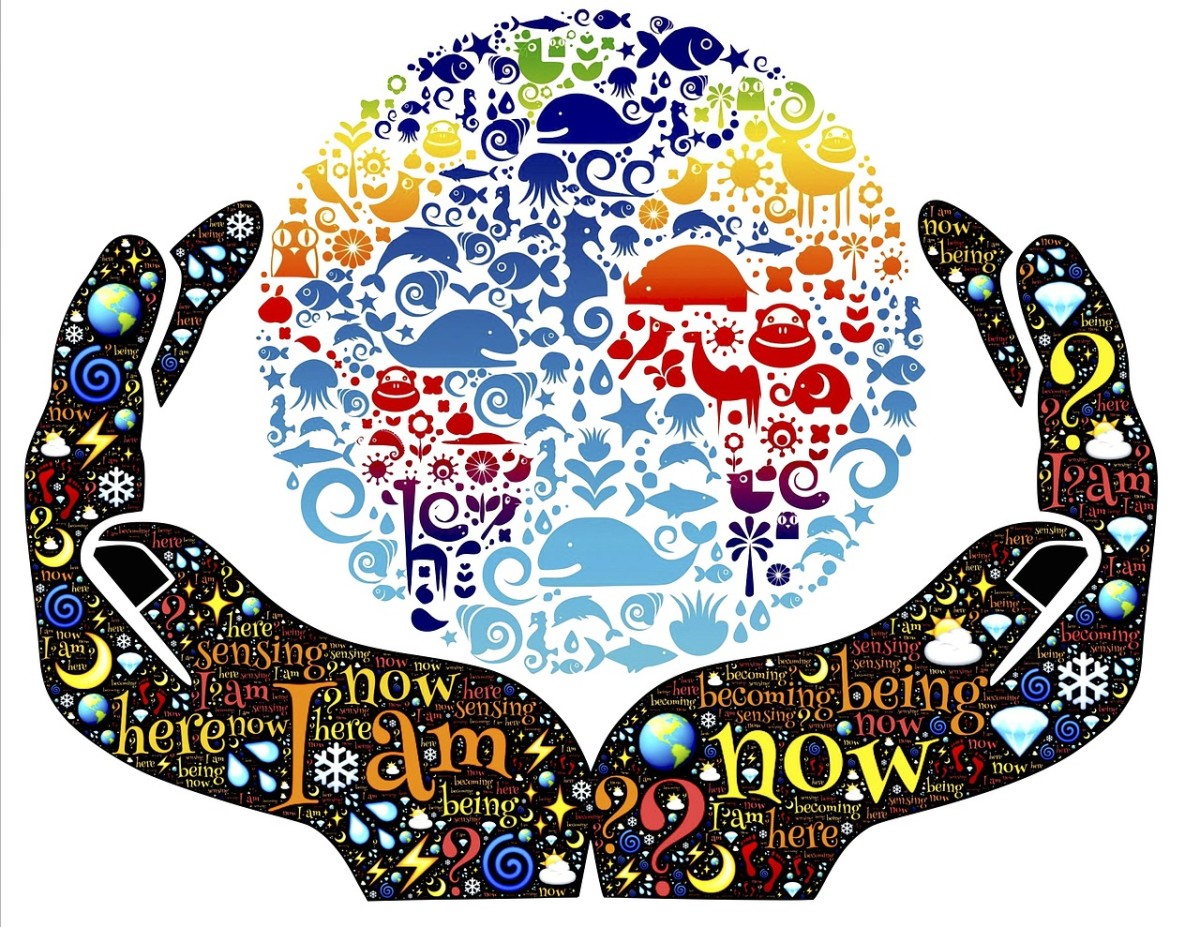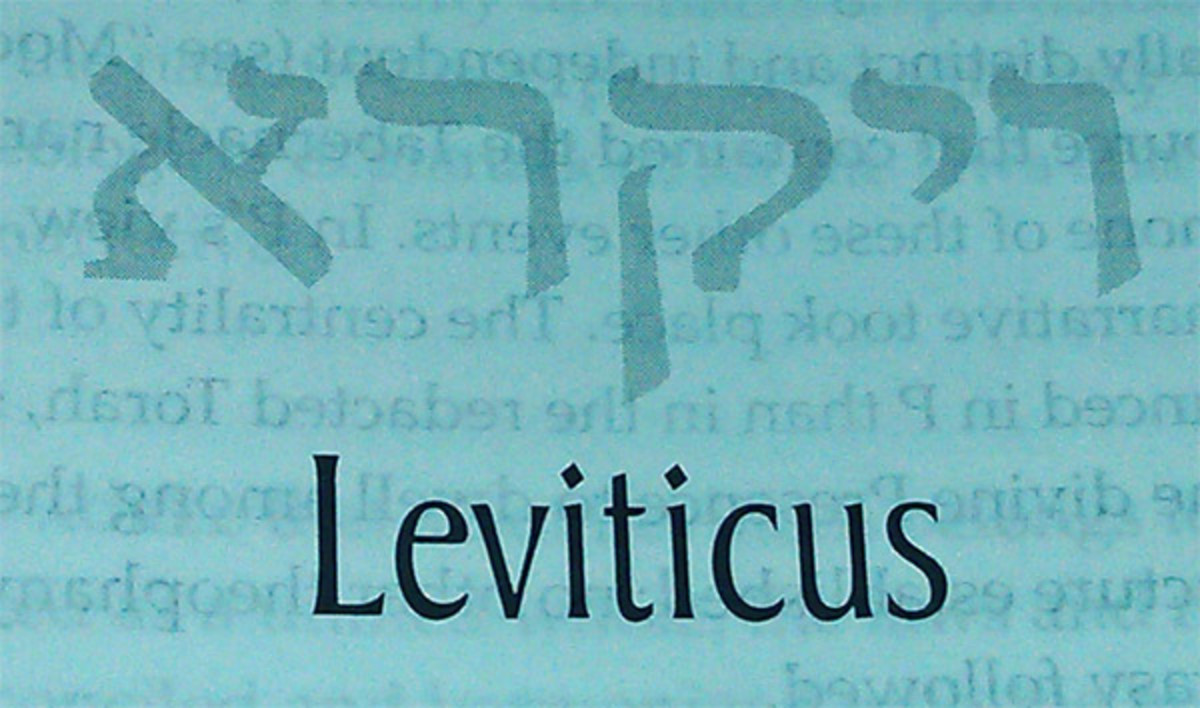What Defines the Soul?

What Defines the Soul?
The soul is what makes one whole. Everyone believes in different things, everyone has a different religion, identifies themselves in different ways, therefore everyone believes or identifies with the soul in different ways as well. The soul is the energy that is contained within our bodies. Each person has their own, unique energy within their body; the soul allows us to think, to breathe, to move, and to live. The soul is our personality and our being. The soul is our individual sense of identity. The soul gives life to our body, mind, and our moral and emotional nature. The soul is what separates one from another, makes one an individual, makes one special and unique. The souls is ones past, present and future.
The Definition of the Soul
There are several definitions of the soul. Dictionary.com lists the definitions of soul as follows:
- The principal of life, feeling, thought, and action in humans, regarded as a distinct entity separate from the body, and commonly held to be separable in existence from the body; the spiritual part of humans as distinct from the physical part.
- The spiritual part of humans regarded in its moral aspect, or as believed to survive death and be subject to happiness or misery in a life to come: arguing the immortality of the soul.
- The disembodied spirit of a deceased person.
- The emotional part of human nature; the seat of feelings or sentiments.
- A human being; person.
The Soul is How We Feel and Love
We all have souls, we all have feelings. Our individual souls whether or not one believes it changes or it is a constant state of internal being, is how we feel emotions, and gives us individuality and personality. The soul is how we feel loved and how we give love back. The soul is us. It is you, it is me, it is everyone and who we can be.
The Soul in Religion
There are so many different types of religion in this world, and many of them have different views of what the soul is (or what it is not). Here are a few of those views:
The Soul in Buddhism
Buddhism teaches the concept that everything is in a state of change, nothing is permanent, instead everything is in a state of flux. Humans are no exception to this lesson. Buddhism teaches that human beings are nothing more and nothing less than anything else in the cosmos, and that a human being has no permanent self or “soul”. Buddhism and the sense that nothing is permanent and the term of no soul or anatta can be very confusing, but in Buddhism, they teach that everything is constantly changing, and just as thoughts come and go, and just as the body changes everyday, every moment, so does the soul. The soul is a term that suggests that it is a permanent sense of self that never changes. Buddhism believes in reincarnation, which means that when one dies, the soul returns in another body, but when it returns it is not the same as before, but very different. “Buddhist teaching holds that a notion of a permanent, abiding self is a delusion that is one of the causes of human conflict on the emotional, social, and political levels. They add that an understanding of anatta provides an accurate description of the human condition, and that this understanding allows us to pacify our mundane desire” (wikipedia). Buddhism believes that “soul” refers to an everlasting state that does not change after death. Buddhists believe in a soul that continues on after death, but not one that stays the same, they believe that the soul, just as everything else is in a constant state of change, and never stays the same.
The Soul in Christianity
In Christianity it is believed that the soul is connected yet disconnected with the body. In Christianity it is believed that when one dies their soul is then judged by God and then determined whether that soul will spend eternity in Heaven or in Hell. “Among Christians, there is uncertainty regarding whether human embryos have souls, and at what point between conception and birth the fetus acquires a soul and consciousness. This uncertainty is the general reasoning behind many Christians' belief that abortionshould not be legal” (wikipedia). Some Christians believe that the soul is the essence of a human being, the seed of human will, understanding and personality.
The Soul in Hinduism
In Hinduism the soul is identified with the words, jiva, Atman, and purusha, which mean the individual self. It is believed that the word “soul” is misleading as it implies the object is possessed, whereas “self” signifies the object perceives all objects. The self is held to be distinct from from the various mental facilities such as desires, thinking, understanding, reasoning, ego, since these things are considered to be a part of nature or prakriti. The three schools of Hinduism agree that the individual self (atman) is related to the supreme self (Brahman). “The spiritual path consists of self-realization – a process in which one acquires the knowledge of the self (brahma-jñanam) and through this knowledge applied through meditation and realization one then returns to the Source which is Brahman” (wikipedia). The commonality that the self and the supreme self have in common are consciousness, bliss, and love. The quality of atman is consciousness, therefore animals, plants, humans, and gods are one in the same, and all desire to procreate, live, love, and protect, but humans have a higher level of consciousness and therefore have the ability to expand (unlike animals). When the atman becomes embodies it is called birth and when it leaves that body it is called death. The “soul” or atman transmigrates form one body to the next based on karmic reactions.
The Soul in Judaism
In Judaism it is believed that the soul is given to the body by God when it takes its first breath."And the LORD God formed man [of] the dust of the ground, and breathed into his nostrils the breath of life; and man became a living being." Genesis 2:7. In Judaism relates the quality of one's soul to the quality of one's performance in mitzvot, and reaching higher levels of understanding and thus closeness to God. Kabbalah seperates the soul into five words: 1. Nephesh, related to natural instinct. 2. Ruach, related to emotion and morality. 3. Neshamah, related to intellect and the awareness of God. 4. Chayah, considered a part of God, as it were. 5. Yechidah, also termed the pintele Yid (the "essential Jew"). This aspect is essentially one with God.
The Soul in Spirituality
Spirituality is much different from religion because there is not direct path to the Divine, one must live through experience and create ones soul for themselves. According to Helena Blavatsky's Theosophy the soul is the field of our psychological activity, which includes, how one thinks, how one feels (emotions), ones memories, desires, etc. This also includes extrasensory perceptions and out-of-body experiences as well. In this Theosophy the soul is not the highest entity in the body, but instead it is a middle dimension of human beings. Above the soul is the spirit, which is considered to be the real self. The spirit is everything one believes to be good, such as, happiness, wisdom, love, compassion, harmony, peace, etc. While it is believed that the spirit is eternal and incorruptible, the soul most definitely is not. The soul is a link between the material body and the spiritual self. The soul can become attracted to either the material realm or the spirit, and thus the soul becomes a battlefield between good and evil. Only when the soul is attracted towards the spirit and merges with the Self will it become divine and eternal. Many spiritual people practice yoga because it is believed that through yoga when can realize ones True Self as soul (self-realization), True Essence (spirit realization), and True Divinity (God realization) while living in the physical body. Many spiritual people believe that the soul is an exact replica and spark of the Divine. Some believe that no person is born with a soul, but they create the soul by a process of self remembrance and observation throughout the course of their entire life. Some people may never create a soul and never become true or divine but instead will become trapped within their body and die. The soul is believed to be ones true self; the most sacred part or essence of each person.
The Soul in Science
The soul in science is a concept of human belief that shapes cognitive and an understanding of the world, and it is not believed to be a separate entity in itself. This concept is believed to be a survival strategy so that one can predict the actions of others based on the expectation that they have a mind like ones own mind. In science when speaking of the term soul, it is general and loose, and most likely it is treated as a poetic synonym for ones mind.
So What Defines the Soul?
This question is something one must answer for themselves, it cannot be truly identified, because it can be whatever one believes it to be. The belief of what the soul is must give one a sense of identity, being and faith. Whatever that belief is does not truly matter one way or the other, just as long as one feels true, good, and whole as a human being.








